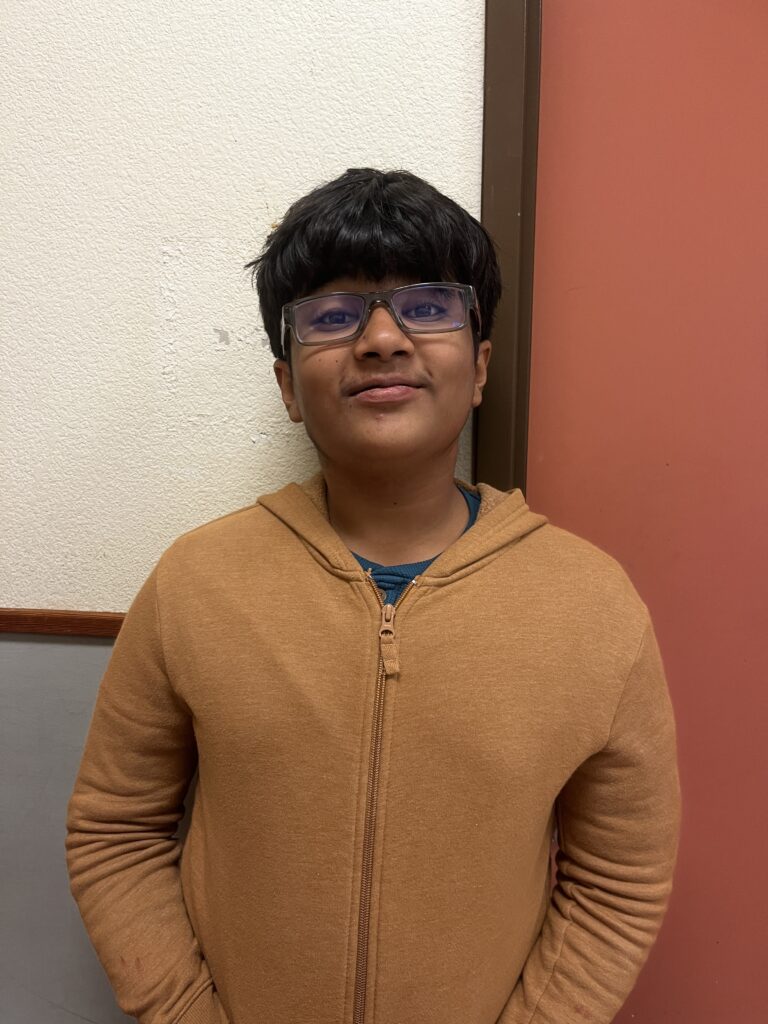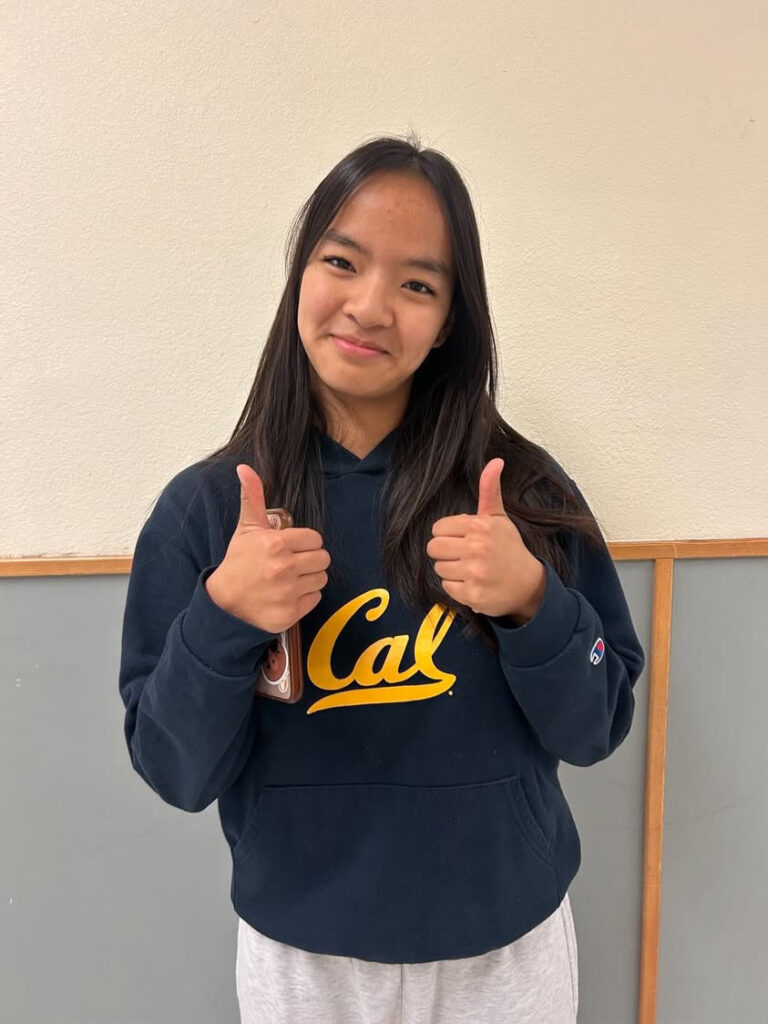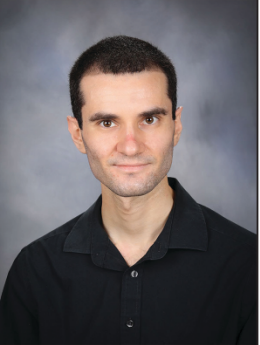Image from Getty Images.
The past few months have been quite overwhelming and confusing politically speaking for teenagers across the country. The 2024 election and the recent inauguration have been surrounded by endless opinions and controversy. Social media has turned into a cacophony of misinformation, extremist views, arguments, and conspiracy theories. For these reasons and more, many people in our generation have strayed away from politics. However, we strongly believe that more high schoolers should get involved in politics.
A common sentiment is that since we can’t vote we don’t really need to care about politics just yet. Even if you aren’t eligible to vote, keeping up with current events is beneficial because politics affects us all, whether you vote or not. For example, policies about things like education directly impact us. It’s important to do your research; being aware of your rights and the political developments that affect them can help us be informed voters in the future. There are also other ways to participate in politics besides just voting, especially on the local level. We still have the ability to sign petitions, register to vote, and contact those who represent us to have our voices heard.
However, it is perfectly understandable that not everyone wants to put this level of effort into being involved. Researching and doing your due diligence to form political opinions can be exhausting and even depressing at times. The average teenager doesn’t want to spend their free time outside of school, work, and other responsibilities reading the news every day, but being informed about the broad picture of current events is quite doable especially through social media.
Another aspect of this issue is that teenagers find it daunting to form opinions. Often, people are wary of having beliefs different from the majority opinion from fear of criticism or judgement. It is common for people our age to adopt the ideas of those around them. Our parents and friends’ views influence our beliefs. This creates this herd mentality where people don’t think for themselves. It is never too early to form your own opinions, and the only way to do this is to do your research and see what your values align with.
As mentioned earlier, when teenagers do follow the news, many of them get their information from social media platforms like Instagram and TikTok. The plus side of this is that we are getting informed about world events to some level, and even get to see first hand accounts in an engaging and accessible format. At the same time, many people fall victim to misinformation and conspiracy theories. News on social media is often taken out of context or dramatised. Not to mention, it is often a bombardment of varying and even opposing views. Social media is here to stay, and teenagers won’t stop using it, so ultimately it is a positive thing for educating teens about news. More people just need to learn how to fact check the things they see online.
We think it is in part the responsibility of schools to teach students about doing their research. Politics is often a taboo subject even in schools. However, young people need to learn how to listen and have civilized conversations about their views without devolving into unproductive arguments. Schools should have required media literacy presentations to teach students how to fact check the information they see on social media and to determine what is true or not. There are even clubs in school such as Debate, Model UN, and Socratic Society where students can engage in political conversations and see both sides.
Outside of school, students can learn about politics in many ways. You can listen to the radio on the way to school, listen to podcasts while doing homework or even watch the news through youtube.
Huskies in the Halls
We asked huskies whether or not teenagers should be more involved in politics. Here’s what they said:
Freshman: Arjun Das
“I think kids in highschool should care about Politics because they are important. I care a lot about climate change and to help I turn off my lights when they don’t need to be on.”

Sophomore: Natalie Wong
“Students usually aren’t involved in politics because they don’t want to be judged for misinformation or for their own opinions.”

Junior: Lauren Jewel
“We’re like really close to already being like adults and going out in the world, so we need to be up to date on world events and things that are going on so that when we’re adults and like we can finally vote, we can use our votes in good ways.”

Senior: Abeer Saboo
“High schoolers should be more educated about politics because they are the future voters and leaders of society. Without a strong understanding of political systems, policies, and their impacts, young people may make uninformed decisions when they gain the right to vote. Politics affects every aspect of life, from education and healthcare to job opportunities and social justice, so students should be prepared to engage with these issues critically. Additionally, fostering political awareness early on encourages civic responsibility and active participation in democracy, rather than apathy or blind allegiance to a party or ideology. If schools equip students with the knowledge to think independently about political matters, they will be better prepared to shape a more informed and just society.”
Staff: Mr. Raskin
“I think high schoolers should be more educated about the bigger picture of how the government functions. I do not think that they should pay too much attention to day to day political developments because by the time they start voting those developments will be different.”


